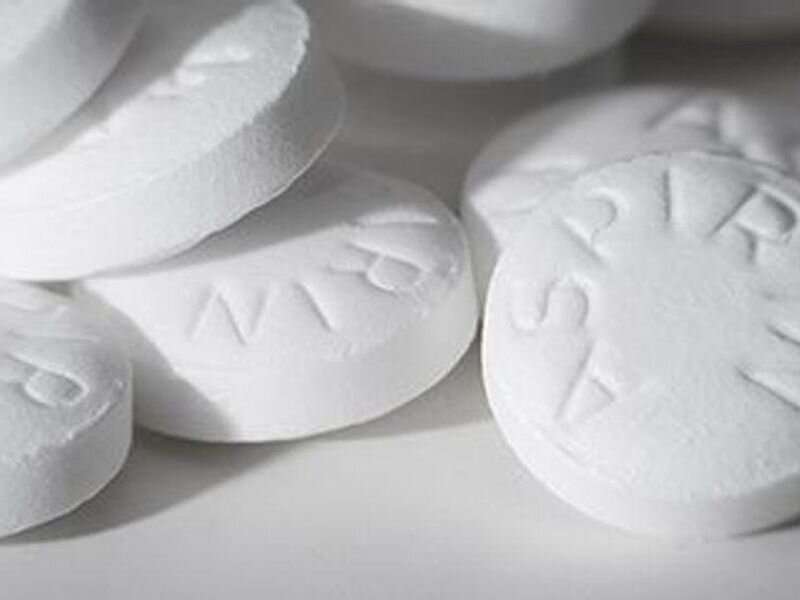
(HealthDay)—Compared with placebo, neither aspirin nor apixaban reduces the rate of major adverse cardiovascular or pulmonary outcomes for clinically stable outpatients with symptomatic COVID-19, according to a study published online Oct. 11 in the Journal of the American Medical Association.
Jean M. Connors, M.D., from Brigham and Women’s Hospital in Boston, and colleagues compared anticoagulant and antiplatelet therapy among symptomatic but clinically stable outpatients with COVID-19. Participants were randomly allocated to receive low-dose aspirin, prophylactic-dose apixaban, therapeutic-dose apixaban, or placebo (164, 165, 164, and 164 participants, respectively) for 45 days.
The trial data and safety monitoring board recommended early termination of the trial on June 18, 2021, due to lower than anticipated event rates; at that time, 657 (about 9 percent) of the intended 7,000 participants had been randomly assigned. The researchers found that of the 558 participants who initiated treatment, the adjudicated primary end point (composite of all-cause mortality, symptomatic venous or arterial thromboembolism, myocardial infarction, stroke, or hospitalization for cardiovascular or pulmonary cause) occurred in 0.7, 0.7, 1.4, and 0.7 percent of participants in the aspirin, prophylactic-dose apixaban, therapeutic-dose apixaban, and placebo groups, respectively. For bleeding events, risk differences were 2.0, 4.5, and 6.9 percent, respectively, compared with placebo; none of the bleeding events were major.
“Early observations from clinical practice and promising results from nonrandomized studies led many physicians to use therapeutic-dose anticoagulants and antiplatelet agents for a variety of patients with COVID-19, including stable outpatients,” writes the author of an accompanying editorial. “Nevertheless, even during a pandemic, well-designed and adequately powered randomized clinical trials are needed to establish the benefits and risk of therapies.”
Source: Read Full Article


